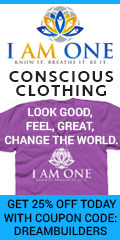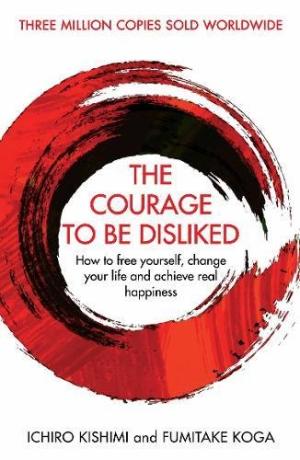If you desire to change soething about your relationships, its helpful to realize you must begin with yourself. Reflect on these 4 tips to transform your relationships by shifting your point of attention inward:
1. Notice relationships mirror beliefs:
Your beliefs about relationships, men, women, children, pets, love and anything emerge as relationships. The beliefs each person holds prompt us to react and act to support our growth and conscious awakening. In order to experience anything or anyone you must first relate to it. For instance, the nature of relationships reflects what you are choosing to vibrate. Even if your partner is being faithful, if you vibrate distrust you will look for reasons to prove otherwise and you experience an echo of this. Beliefs that govern your experiences and relationships point to subconscious core beliefs. Since your relationships are based on them, you perpetuate a vicious circle until they are made conscious and healed.
2. Be accountable for all your qualities:
Every quality you see in your partner, is your mirror. The more you dislike a certain quality, the more it is showing you a part of your consciousness that you are not acknowledging. For instance, if you dislike your partner's jealous nature, you will find that you too are jealous perhaps not of him or her but of others. If your partner's or child's competitiveness annoys you, this reveals you do not see competitiveness in yourself. If your partner's negativity or insecurities get you down, this reveals the same about you. The only reason that these qualities are annoying you is because they are also yours. As long as you do not acknowledge them as your own they will continue to frustrate you, while owning up to them allows you to grow. You may find that even some positive qualities annoy you. For example, if your partner's overly kind and giving nature frustrates you, it reveals you want to be more generous but resist. Alternatively, your partners' ability to forgive may make you uneasy. See it as an opportunity to forgive.
3. Own what frustrates you in others:
When your partner acts in ways that upset you, you too act in the same way, most likely not towards him or her but towards yourself and probably others. The more some behaviour frustrates you, the more it reflects a part of you that you are not owning. If your partner treats you with disrespect, look within yourself and see who you treat with similar disrespect, whether it be a friend, a family member or yourself. If your partner criticises you, you will find that you are critical of yourself and others. If your partner ignores your needs, you will find that you too ignore your own needs or those of others. Ultimately, you teach others how to treat you by how you treat yourself.
You may find that the quality you see in your partner appears to be the opposite of your own quality, but in fact it is the same quality expressed in a different way. It is still your mirror. For example, the introvert attracts the extrovert, the weak attracts the strong, the giving attracts the taking. Such seemingly opposite partners attract each other so that they can learn from each other and bring their own extreme quality into balance. In order to attract your opposite, you yourself have to be at the other end of the spectrum and so are unbalanced as far as that quality is concerned. Simply put, opposites attract in search of balance. When none of your qualities are at either extreme of the spectrum, then you can no longer attract its opposite.
4. Face the truth of all relationships:
Emotionally and physically abusive relationships mirror qualities/ core beliefs like any other relationship. At the root of abusive relationships is a deep lack of self-worth in the abused partner. The only way to rise above such relationships is through the power of self-love. The more you love yourself, the less you put up with any lesser behaviour toward you from others, the more you invite a mirror of self loving treatment.
 Friday, September 21, 2018 at 10:05PM
Friday, September 21, 2018 at 10:05PM 












